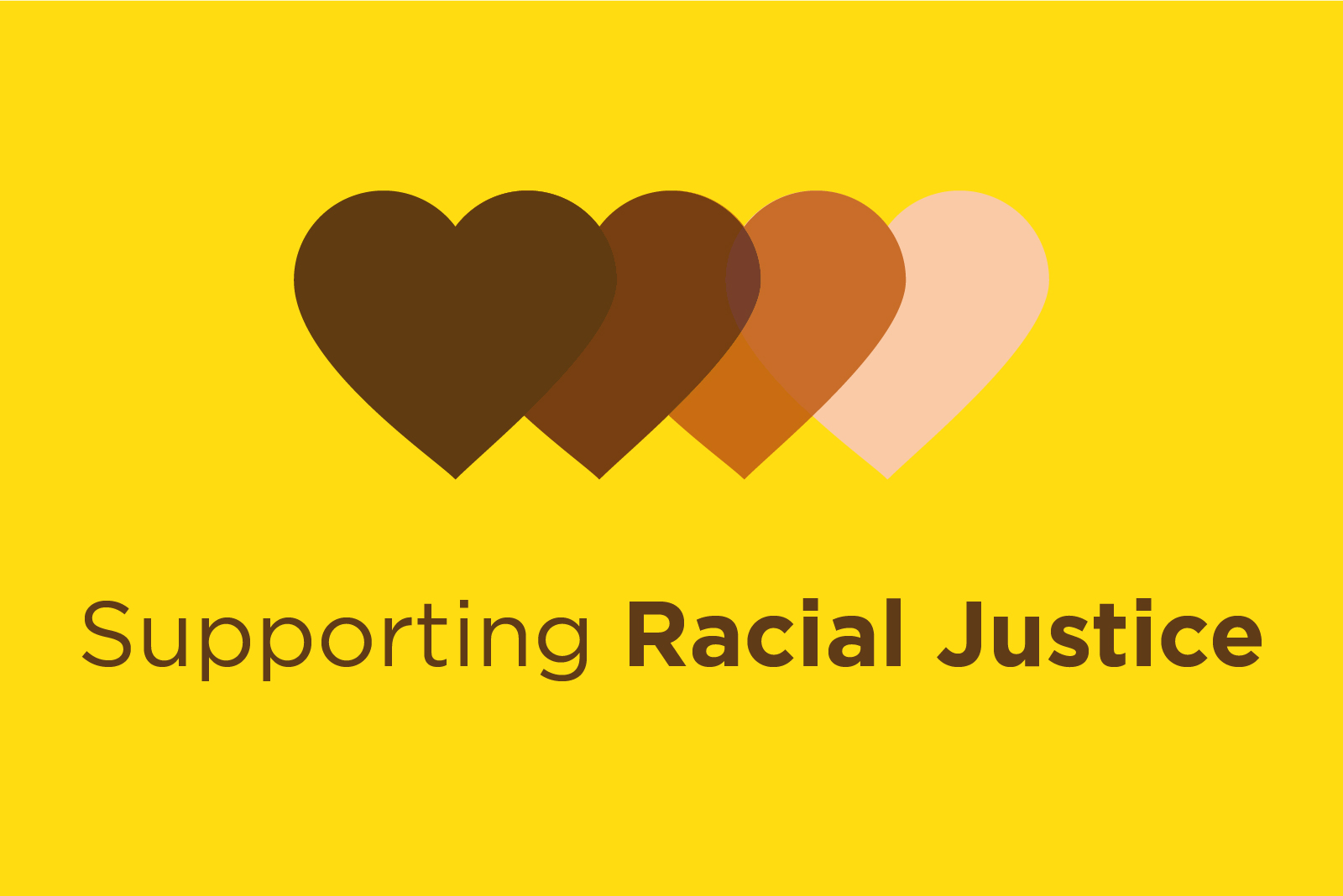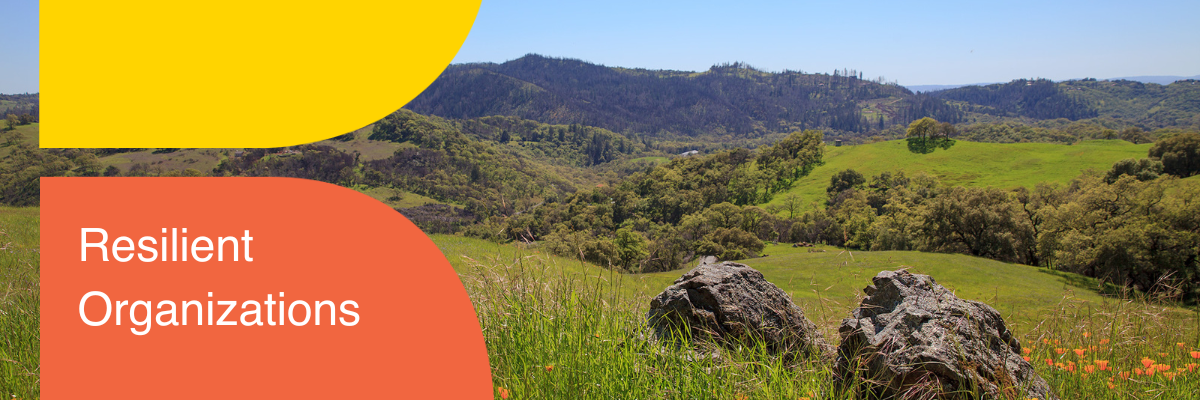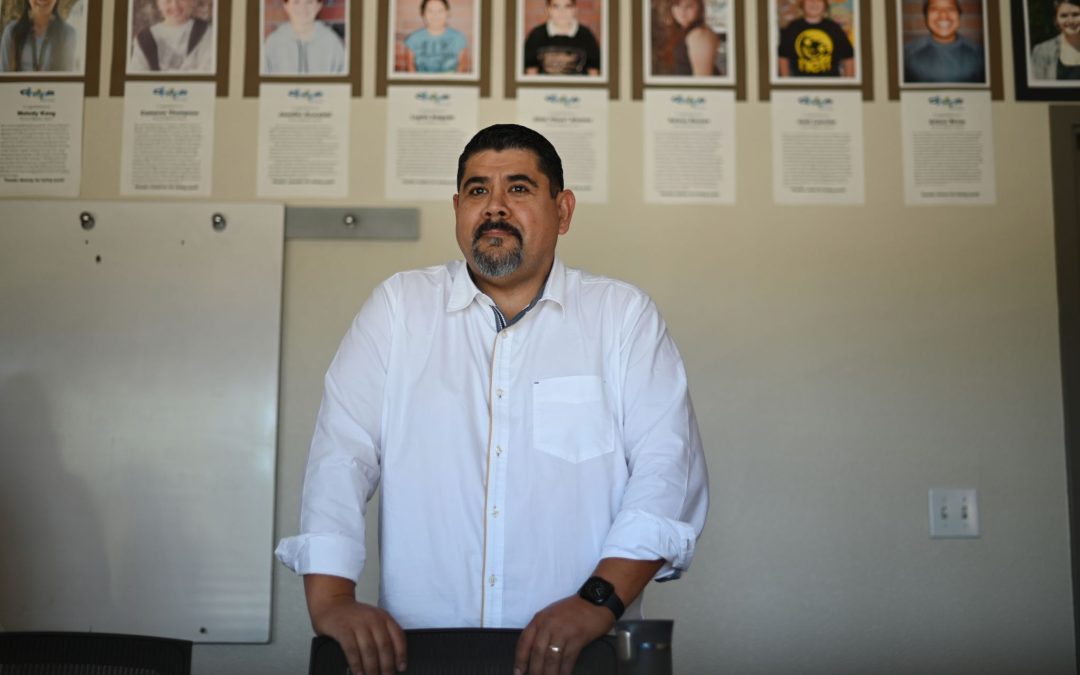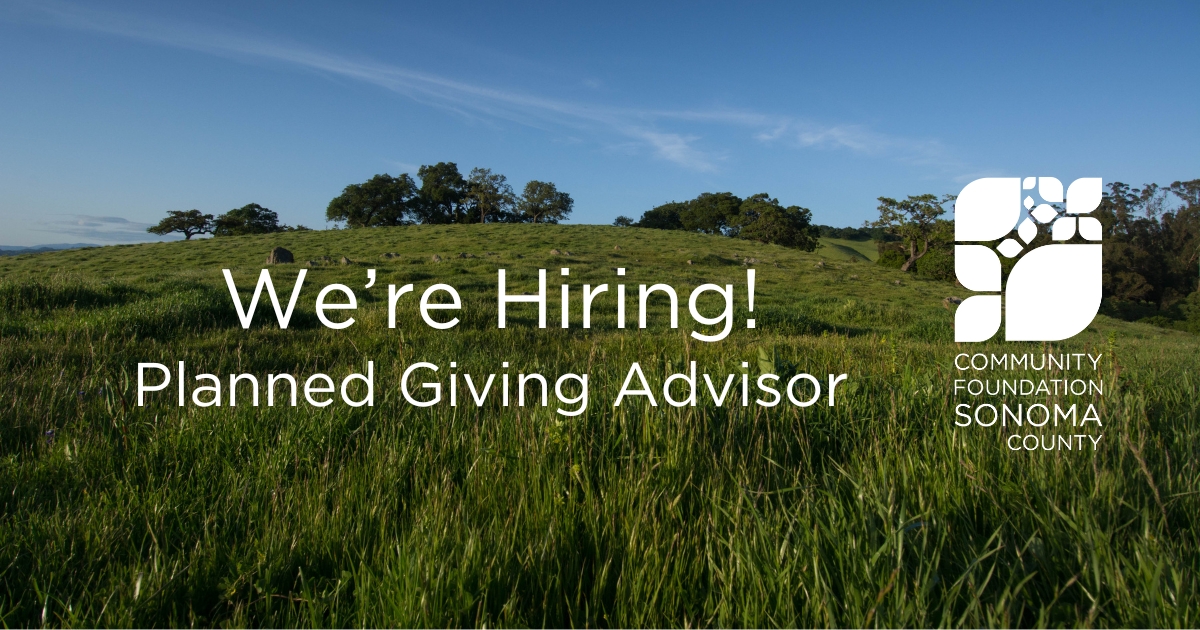As our nation grapples with channeling the sadness and outrage we feel over the killing of George Floyd and so many other black and brown lives taken too soon, our team has been connecting to share our grief, our frustration, and to focus our resolve for change. I am struck by our shared desire for action and change, our willingness to learn and unlearn, and our grappling with when to listen and when to lead.
One thing is unequivocal: We are in full solidarity with communities of color raising their voices to address not only the tragedy we see before us now but the root causes of systemic racism.
We know that in Sonoma County, we are in fact a “tale of two” as so many data points show that the disparities of resource, health, and opportunities fall along racial lines. We see this in the Portrait of Sonoma, in Los Cien’s Latino Scorecard, in all we learn from our nonprofit partners, and in our own lived experience.
Our hearts—like yours—both ache and ask. As a 50-year old white woman, I know I have work to do in educating myself. I know I will likely say and do the wrong thing, likely even in this message, with positive intent but with a different impact. This is a risk worth taking, as the only wrong thing to say is nothing, as long as we are also focused on listening.
This is a time for listening to black leaders of all ages—from the Civil Rights leaders of the 1960s to the teenagers who are showing us what the next generation of stewards of our democracy will achieve. We must listen to their experiences, and their calls to action.
This week, I watched President Obama’s call for an end to police violence and for mayors in all cities in America to pledge to adopt reforms. I re-watched Bryan Stevenson’s TED Talk about the Equal Justice Initiative and his reminder about the power of being “proximate” to suffering to better understand inequality. I am following Atlanta’s mayor, Keisha Lance Bottoms, as closely as possible and am inspired by her leadership in my hometown city, and by her voice as not just an elected official but as the mother of a black teenage son. Among other things, she wrote this in the New York Times:
I know that as mayor of one of the largest cities in our country, I should now be offering solutions. But the only comforting words I have to offer so far are those I know to be most true: that we are better than this; that we as a country are better than the barbaric actions that we are forced to keep watching play out on our screen like a grotesque horror movie stuck on repeat. We are better than the hatred and anger that consumes many of us. We are better than the deplorable disease called racism that remains so rampant.
What does action towards “being better” look like for Community Foundation Sonoma County? This is something we must ask of ourselves as individuals and as an institution. A commitment to equity lies at the heart of our values, AND we must do more to put these values into action. I am committed to continuing these conversations, and to taking us further along this path.
- We will build on the shifts we made a number of years ago to place equity at the center of our grantmaking decisions and be more explicit about the role of anti-racism in creating equity.
- We will create specific, defined strategies for diversity, equity, and inclusion in both our grantmaking our internal operations.
- We will engage partners who can train us in implicit bias and build our skills in cultural competency and courageous conversations about racism.
- We will look for ways we can leverage all of our resources, of money, of voice, and of bridge-building to further racial equity in our community.
- We will take a thoughtful approach, balancing the urgency of the moment with creating long-view strategies consistent with how we do with all of our work.
What does “being better” look like to you? I am eager to hear your thoughts and reflections. You can reach out to me directly with your ideas: ebrown@sonomacf.org.
Thank you for your partnership, your ideas, and your open hearts as we continue on this journey together at this critical moment for our country, communities, and Community Foundation.
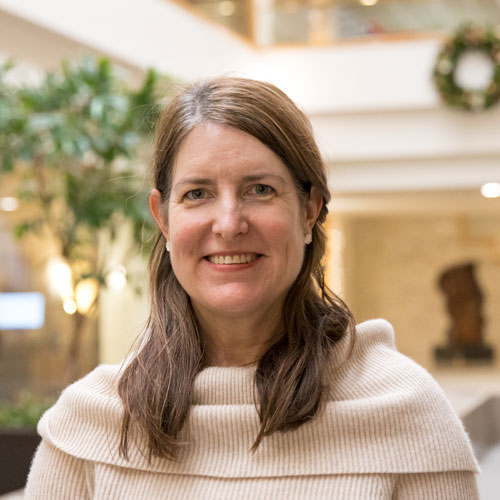

Elizabeth Brown,
President & CEO

